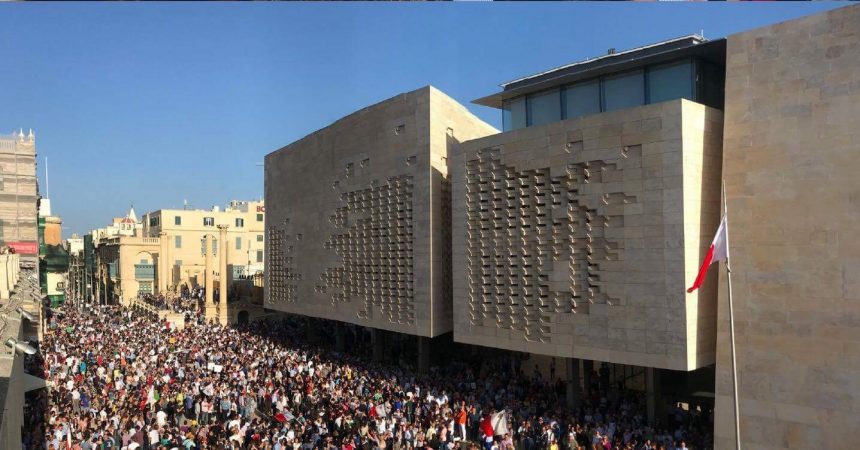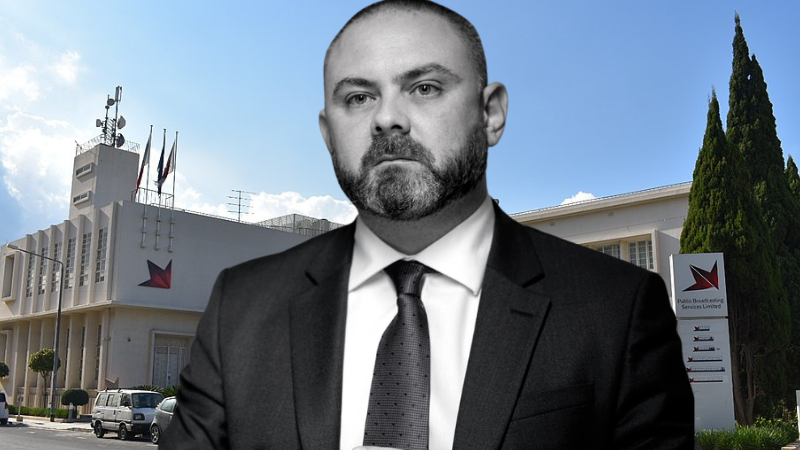Part One: Has Joseph Muscat emerged as the statesman who unites or the shrewd manipulator who divides?
“At times like this, people look to leaders for guidance and this is what I plan to offer, now more than ever before,” Muscat said in a videotaped message sent from Dubai where he was busy honouring his contractual obligation to Henley and Partners to advertise the passport sale scheme, just a day after the European Parliament sternly criticised institutional misrule in Malta.
Underlying Muscat’s message of unity is an attempt to use a moment of national crisis to assert his personal authority in the name of national unity. It is no surprise that Muscat has taken no steps to limit his government’s powers in a bid to restore institutional sanity but has certainly acted to enhance his image as a strong and decisive leader.
This is a list of what Muscat has not done:
- He has not addressed long-standing institutional problems, exacerbated by the failure of the Police Force and the Attorney General to act on the Panama scandal.
- He has not recognised any link between Caruana Galizia’s murder and widespread concern that Malta’s social fabric is being eroded by the influx of dirty money amidst institutional failures. When faced with the evidence he told CNN: “I fail to connect the dots.” Those very same dots that stare him in the face.
- He has not acknowledged Caruana Galizia’s journalistic merits. Muscat did express a mixed verdict in Parliament where he praised her liberal values and writing style while reminding his audience that he was libelled by her decades ago. It was only following an announcement by the Chief Justice that the law courts were flying the flag on half-mast on the day of her funeral that the government finally announced a day of national mourning, once again stressing that this was in response to an ‘attack on the freedom of expression’ rather than in recognition of the quality of Caruana Galizia’s journalism. No official building has been named for the journalist in recognition of Caruana Galizia’s place in the pantheon of Maltese patriots.
Still Muscat has managed to do a few things right, all of which confirm his political shrewdness:
- He immediately and firmly condemned the murder, sending a strong message that no stone will be left unturned in uncovering the dynamics of the murder.
- He immediately invited the FBI to help in the investigation thus capturing the popular imagination in sending the message that he is treating the issue seriously.
- He offered a million euro reward – the price of a Maltese passport – to anyone who provides information leading to the arrest of the culprits.
- He reiterated his willingness to address constitutional reform through a national convention, something which could buy him time and enhance his legacy. Incredibly Muscat even claimed that Caruana Galizia would have supported the still unknown constitutional reforms he has in mind.
- He turned the tables on the leader of the opposition by inviting him to submit to a judicial investigation with regards to accusations made by Caruana Galizia herself, thus scoring more political points.
- He did finally call for a day of national mourning on the day of her funeral, thus sending a message of unity and national solidarity.
Yet Daphne’s murder may come with unforeseen consequences for Muscat who has committed himself not to stand as PL leader in the next general election. News reports linking Malta to dirty money in the wake of Caruana Galizia’s assassination have dampened his chances of seeing himself catapulted to a European post after finishing his second term in Malta.
While more vulnerable to doubt, Muscat may become even more indispensable to his party. Like Tony Blair before him, Muscat has become both an albatross and a life-line for the party he has built in his own image.
Muscat may well have assumed the Dr Jekyll role while other party representatives and supporters have taken the Mr Hyde role. For Muscat’s condescending appeals to national unity contrasted starkly with Deborah Schembri’s chilling warning that journalists should not exceed limits, as well as the open disparagement of critics from civil society which culminated in former GWU secretary general and present-day government consultant Tony Zarb’s sexist denigration of Occupy Justice activists.
In the political circus, Muscat managed to portray himself as the moderate, in contrast to his own party’s extremists and in the mind of his supporters in contrast also to Muscat’s demonised critics. While Muscat may have lost his sheen on the international stage, his tactics seem to be working at the national level where according to surveys published in it-Torca and The Sunday Times his popularity remains intact.












